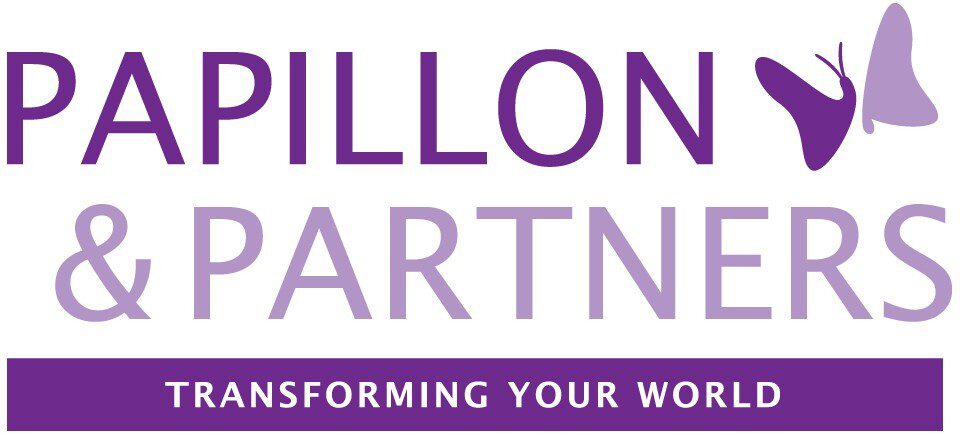For many people in business, the biggest investment they make comes from putting effort into their jobs and working to impress their superiors. We tend to put huge amounts of money and time into building recognition within our companies and making connections in the wider industry. But what would happen if we made the same investment in ourselves?
Self-investment is the key to unlocking business potential and success. It helps to build confidence in your own skills and abilities, and helps you believe that you are capable of so much more than what you currently do in your role. There are many different forms of self-investment, each with its own set of benefits.
In this blog post, we explore the different types of self-investment and discuss why they are beneficial for both your professional and personal life. We also discuss the importance of a growth mindset when it comes to self-investment.
The benefits of investing in yourself
It’s easy to understand why investing in your job is beneficial to success; it helps you to progress in your career and gain recognition for your work. But it can be more difficult to spot the benefits of investing in yourself. Here are some of the biggest reasons why you should consider self investment:
It opens up new opportunities in the workplace
By investing in yourself, you benefit in your career by default. Developing your skills will boost your value within your organization, making you a strong candidate for promotions and recognition.
Being motivated and willing to learn new skills will set you apart from the competition. It’s worth noting that those skills don’t necessarily need to be academic or technical; softer skills such as communication, emotional intelligence and creative thinking are just as valuable as technical qualifications.
It helps you build career connections
Joining in new workshops and signing up to courses can help you to grow your network and meet like-minded people. These relationships can blossom into collaborations or business opportunities over time.
When you’re investing in yourself, it’s also important to nurture your relationships. Networking is most successful when you have a reciprocal mindset that benefits both parties, rather than approaching it with a view to only developing your own growth.
It makes you more equipped to handle change
We live in an ever-changing world, with workplaces and technology developing faster than ever before. Updating and expanding your skill-set will enable you to adapt to these changes, as having transferable skills makes you more motivated, forward-thinking and flexible in the eyes of superiors and colleagues.
If you embrace lifelong learning, you can also develop a growth mindset and build resilience, which helps when you need to navigate the inevitable changes taking place in life and business.
It keeps your mind healthy
Self-development and continual learning promotes brain health and can lower your risk of mental illness, dementia and Alzheimer’s disease. Challenging yourself to learn new skills stimulates your brain and can help to limit the impact of aging on your mind and memory.
Investing in yourself can even help you to reduce stress. A study by business school Michigan Ross found that learning a new skill reduces work stress, even more so than engaging in relaxing activities such as meditation or exercise.
Investing in yourself is a long-term fix
It’s easy to think of self-investment as a quick fix, but in reality it is a long-term, open-ended process. Applying a growth mindset means that you are constantly open to new ways of developing your skills and improving your performance. Rather than seeing it as a short-term investment, think of self-investment as an ongoing process helping you to enrich your life continually.
The importance of a growth mindset
Having a growth mindset means that you thrive on challenges, and see failures and setbacks as an opportunity for growth and skills development.
A growth mindset is essential to achieving self-improvement and professional growth. It can help you to overcome any obstacles you face when developing a new skill or learning something new. Growth mindsets understand the importance of determination and persistence. Having a growth mindset changes the way you think, which can, in turn, change the way you learn.
Finally, having a growth mindset helps you to become a better leader in the workplace. A study by the Institute of Leadership and Management found that a positive mindset is a key factor in successful leadership, as it helps leaders stay focused, motivated, and resilient in the face of challenges.
Different forms of self-investment
Self-investment hinges on a positive mindset, which is crucial for our overall wellbeing and quality of life. Strategies for developing a positive mindset include:
Reframing negative thoughts
Negative thinking patterns can seriously hinder a growth mindset, so learning how to reframe those thoughts is essential for self-investment. Negative thoughts can include:
- Expecting the worst outcome in a situation
- Ignoring the good elements of a situation and only focusing on the negative aspects
- Seeing things as only good or only bad (this is known as black and white thinking)
- Assuming that you are to blame for a negative situation
If you find yourself experiencing unhelpful thoughts, take a step back and think about whether there is any evidence to support them, and then look for ways to change the thought to make it more positive. For example, if you find yourself expecting to fail at a project, consider the evidence for and against this hypothesis, and then reframe the thought by listing all of the things that could go right in the situation.
Practicing gratitude
Practicing gratitude can help you to shift your mindset and create a stronger sense of self esteem. It also helps you to gain more appreciation for your personal growth and achievements, which can be easy to overlook during times of stress.
Focusing on solutions rather than problems
If you adopt a solutions-focused mindset, you will be able to let go of the idea that problems are roadblocks. Focusing on solutions involves collaborating with your colleagues, asking questions and seeking out ways to think in new ways.
Embracing lifelong learning
As we mentioned earlier, self-investment is a lifelong process and there is always room for more skills and knowledge. Look for courses in your fields of interest to broaden your skill-set and help you progress in your career and life.
Setting goals
To invest in yourself, it helps to set achievable goals to direct your efforts towards. It’s important to have a combination of short- and long-term goals to keep you motivated on your path to success.
How to overcome obstacles in the self-investment process
As with all processes in life, you’re bound to come across obstacles during your self-investment journey. However, as you develop a growth mindset, you’ll become more able to see these obstacles as challenges and find innovative ways to overcome them.
The key to overcoming obstacles is to practice self-evaluation. This means examining your performance to see how much progress you have made. To do this, you should monitor your abilities and consider your strengths and weaknesses. Then, you can decide on how to use your strengths to your advantage and set goals to work on any weaknesses you have identified.
Start your self-investment journey today: Join the Personal Leadership Accelerator programme
With our Personal Leadership Accelerator programme, you can create the life and career you want through self-investment, even when it feels like outside circumstances are getting in your way.
Find out more about how Papillon & Partners can help you discover the strategies, competencies and mindsets to thrive and excel.

